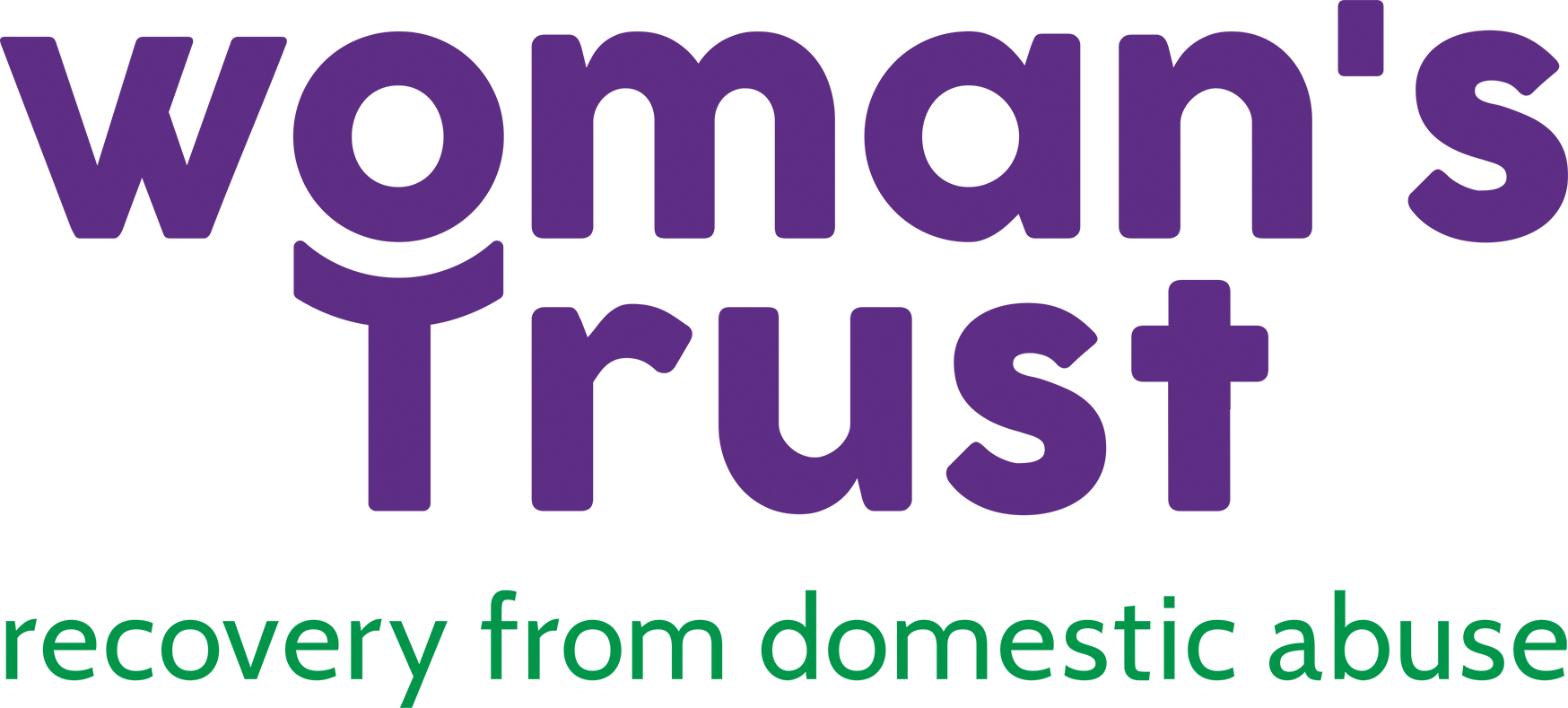I’m worried about someone
What to do if you suspect someone is in an abusive relationship.


It can be hard to know what to say or do if you suspect that someone you know may be in an abusive relationship.
It can be even harder when you know for sure.
Domestic abuse is more complex than most people think. For example, it isn’t just about domestic violence. It takes a lot for someone to accept that they are in an abusive situation – and even more to confide in someone and talk about it. Often, we worry that people won’t believe us.
Even if you haven’t seen your friend be verbally or physically abused, or manipulated, there are other signs you can look out for. For example, has she become withdrawn? Or does she worry about what her partner will say, do or think all the time?
As a friend, the most important thing you can do is to be there, ready to listen, without judgement, when your friend is willing to talk about her situation. Make sure your friend knows that she is not alone and you will help her if she needs it.
We’ve put together some more tips, below, to help you if you want to know what else you can do to support someone if you’re worried they may be being abused.
If you are worried about your friend’s immediate safety, call the Police.
What you can do to help

1. Ask for a time you can speak to your friend in person, one-to-one
Let your friend know that you’re concerned and explain why.
Be prepared for her to deny or downplay the situation. There may be lots of reasons for this, so try not to judge your friend – because it’s the last thing she needs.
Sometimes, we just don’t want to believe it’s true. Or admit it to anyone else, because then you have to accept it. It could be because her self-esteem is very low, and she may feel ashamed, as if she is somehow to blame for the abuse. If your friend loves the perpetrator, she may be holding out hope that he will change.
If your friend is in denial, don’t force the issue. You may alienate her and then it could be harder for her to ask you for help when she needs it. Make sure you keep the focus on her, rather than criticising the abuser. This is about her physical and emotional wellbeing. Let her know that you’re not judging her and that no-one deserves to be insulted, threatened, or beaten – and that she is not to blame for what is happening to her.
2. Don’t confront the abuser yourself
It can be tempting to stick up for your friend and to challenge someone who is hurting her, either physically or emotionally. As angry, protective, or upset as you may feel you could make the situation much worse by confronting someone you know or suspect of being an abuser.
If the perpetrator knows that your friend has been speaking about the abuse, you may literally be putting yourself and your friend in danger. It may also make the abuse worse for your friend. Or worse, the abuser may prevent your friend from seeing you. It is very common for abusers to isolate their victims in order to keep control over them. And this will make it even harder for her to get the help she needs.


3. Don’t ask her to leave the relationship
It may seem a natural thing to do – but you have to bear in mind that your friend is already being controlled by her abuser. The last thing she needs is someone else trying to do the same thing, taking even more of her power away.
You might risk her cutting you off if you are too forceful with her. Instead, try saying something like “No one deserves to be treated that way. I’m worried about you and what might happen to you.”
It’s important to remember that your friend is an adult and that any decision to leave, or get help, has to be hers. She just needs to know that you will be there, whenever she needs you, and if and when she is ready to leave.
4. Help her plan, in case of an emergency.
Encourage your friend to think of a ‘safe word’, or phrase, that only the two of you will know. That way, she may be able to let you know if she is in danger, without her abuser knowing. Agree on a safe place to meet, in case she needs to leave home in a hurry.
When a woman attempts to leave an abusive relationship, it can be the most dangerous time for her, so professional support is important. Help her look for the Independent Domestic Violence Advisors (IDVA) service in her area. They will assess her level of risk and help her to plan so she can stay safe. She can also call the National Domestic Violence Helpline on 0808 2000 247.
Last but not least, let her leave a bag with some clothes and other belongings at your house. If she needs to leave her home in a hurry, it may help her both financially and emotionally to have some of her own things.

